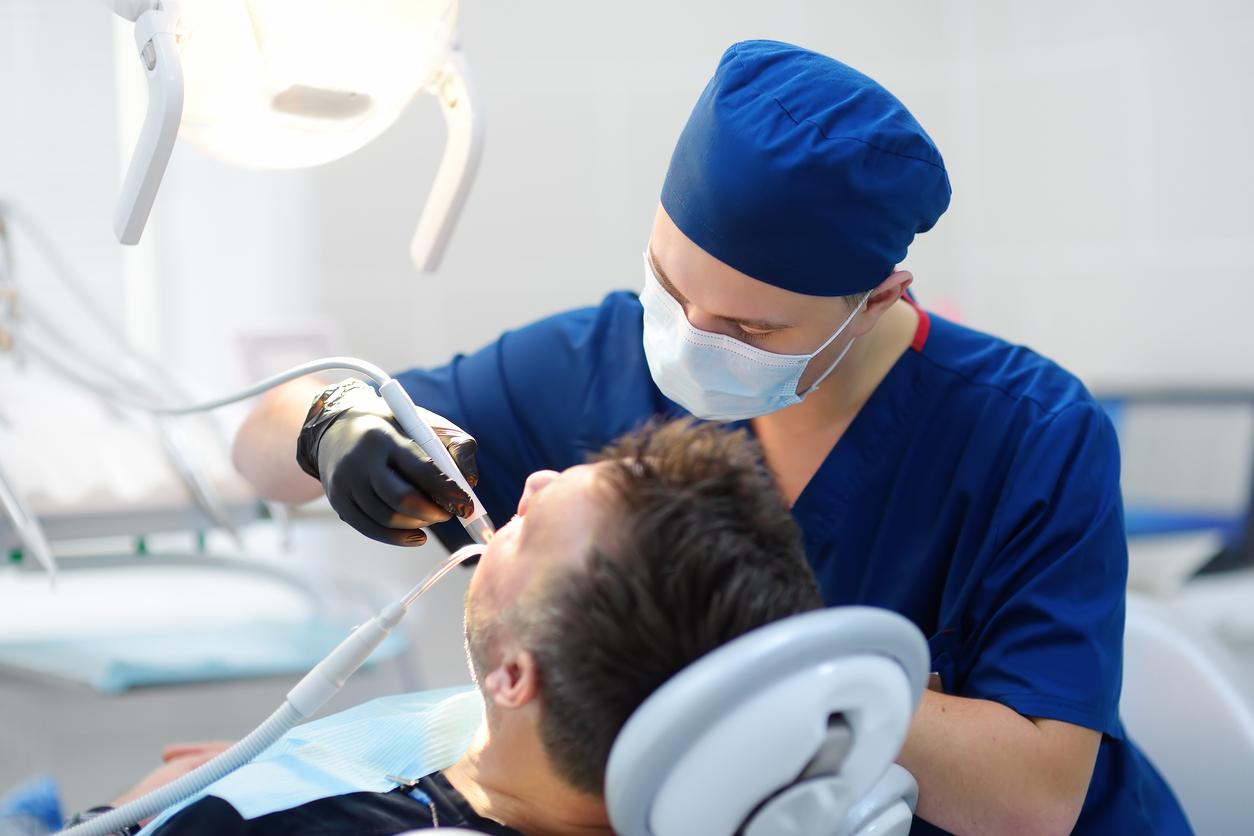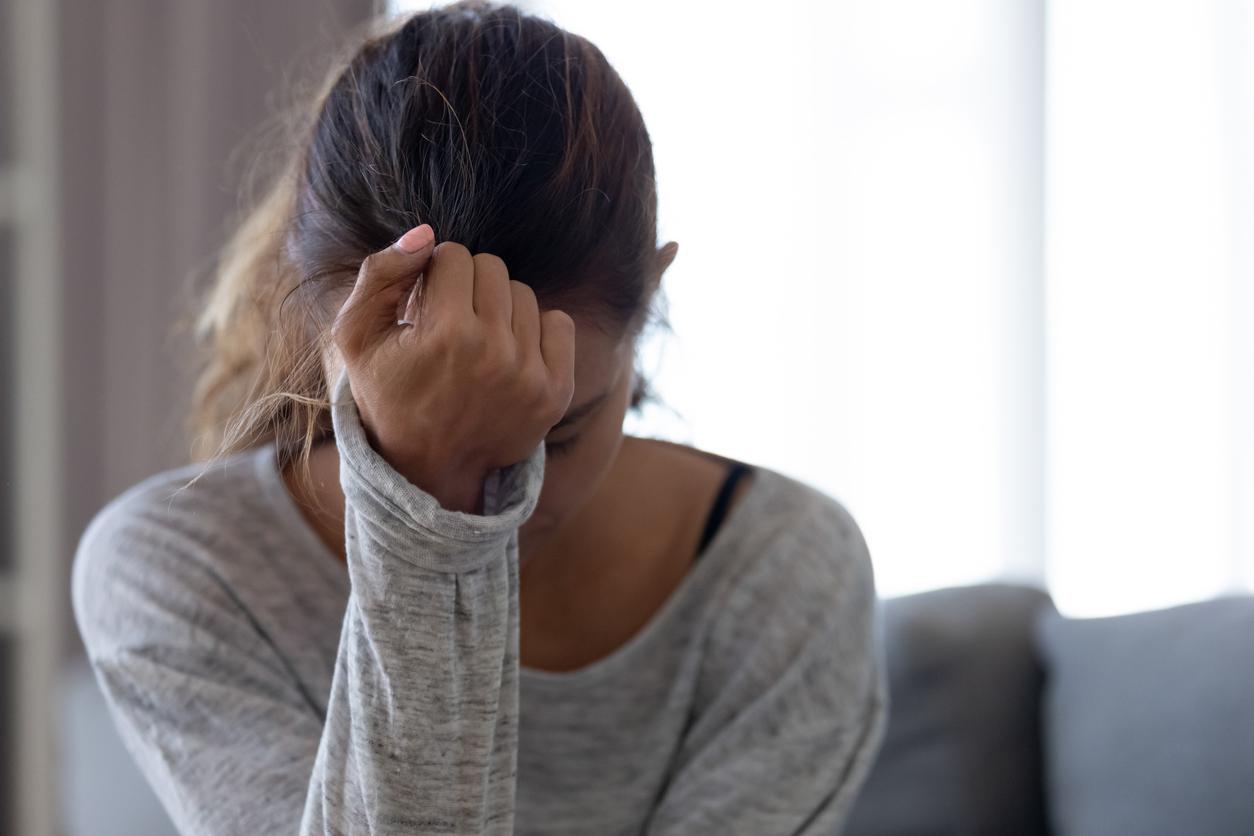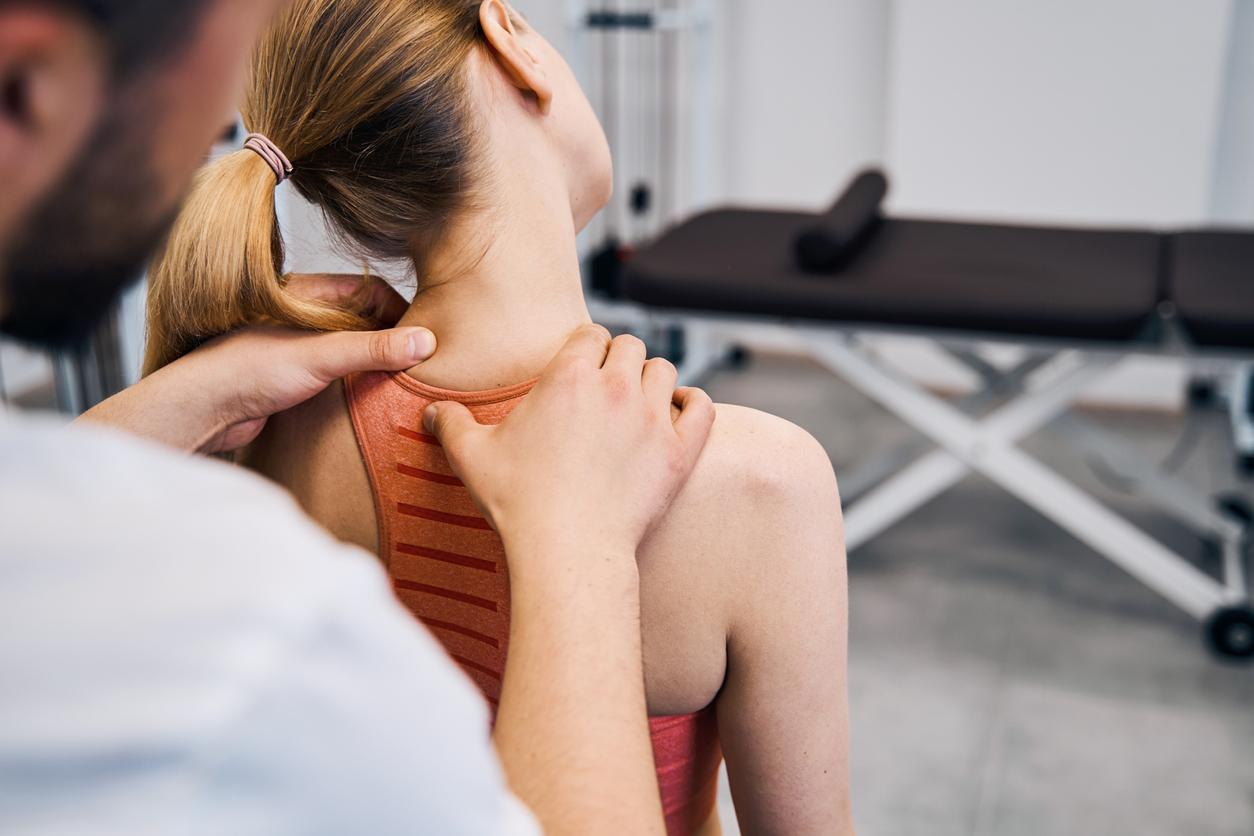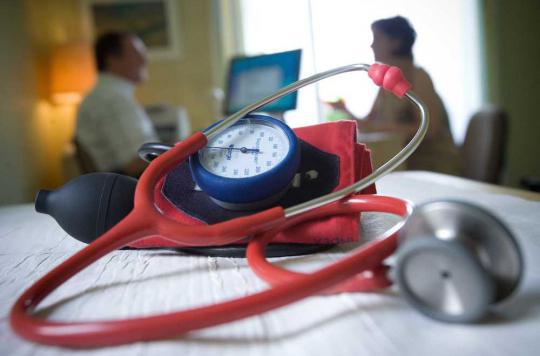An association denounces conflicts of interest within the commission responsible for granting approvals to schools.
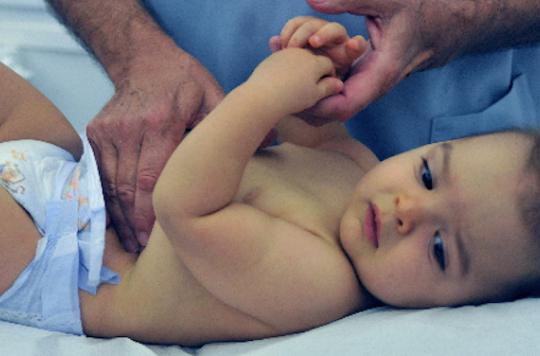
The conflict is still brewing between the Ministry of Health and some schools of osteopathy. Those which did not receive their approval last July multiplied all summer the legal actions. This September 15, two establishments and the French Association of Osteopathy (AFO) denounced the biased attitude of the General Directorate of the provision of care (DGOS).
In December 2014, a decree set the criteria that allow osteopathic schools to obtain accreditation. The number of training hours is increased, the emphasis is on practice and on the curriculum of teachers. Until now, establishments have multiplied without a specific framework.
The measure is therefore enthusiastically received by the unions, who have been consulted. “These meetings, in which all the unions participated, were the subject of consultation and consensus,” said Patrick Féval, president of the National Union of Higher Education in Osteopathy (SNESO), contacted by Why actor. The Ministries of Health and Higher Education were able to listen to us and force us to improve training. “
A lack of fairness
But last July, the situation worsened between ministries and schools. Out of 37 files submitted for examination, only 23 obtain approval. For the 14 others, the ax falls: the schools concerned will not be authorized to issue a diploma. Immediately, the directors of establishments appealed to various judicial bodies. The pass of arms continues during the summer, between decisions of administrative courts and referral to the Council of State.
This September 15, the French Association of Ostheopathy (AFO) bangs its fist on the table. With the IOB (Bordeaux, Gironde) and Ostéobio (Cachan, Val-de-Marne) schools – from which many of its members come -, it denounces conflicts of interest within the examination committee.
The association leaves its reserve for a very precise reason: “On July 29, a confidential document was submitted by mistake to justice, a summary of the evaluations of June 11, remembers Michel Sala, president of AFO contacted by Why actor. We are concerned about the resulting lack of fairness and impartiality and that the DGOS has followed the recommendations. “
Conflicts of interest
The grievances expressed by the AFO mainly concern the “breach of equality” between the various requests for approval. With an equivalent record, some schools would not have been treated fairly. In Ostéobio, it has been criticized for combining internal clinic and practice in a hospital environment. “A school in Toulouse has followed the Ostéobio approach, and it has received approval,” points out Michel Sala for whom the mountain gave birth to a mouse.
Of the 13 schools whose file was refused, ten should have been accepted, in the eyes of AFO. “They will not obtain it because they do not belong to the financial group which swallows up everything”, denounces Michel Sala. At issue: conflicts of interest within the committee. “The approved schools belong to the same financial group, and they distribute the students of other independent schools who have not had the sesame”, plague it. At more than 7,000 euros in the training year, the transfer looks juicy. The objective of the reform was, however, to limit the number of students, underlines the osteopath.
SNESO president Patrick Féval sees things differently. “Some schools were created purely for financial profit. There were certainly major deviations for the commission, made up equally of members of the administration and people from professional circles, to make this decision. I do not doubt the study of the files and the opinions given. This is a trial of intent. “
The distress of the students
In July, the publication of the approvals aroused a wave of panic among osteopathic students. Approved establishments have agreed to open their doors to registrants from refused schools. “All the students have not succeeded in being replaced, some being retained by their schools, denounces Patrick Féval. There are schools that refuse to return their checks to students until legal proceedings are completed. For Michel Sala, most establishments have escaped the disaster. “All schools are in court. As the results were not given until July 7, they held meetings all summer to reassure the students. Some went to other schools, promising to return if accreditation was granted. But there were fewer losses than expected.
.



